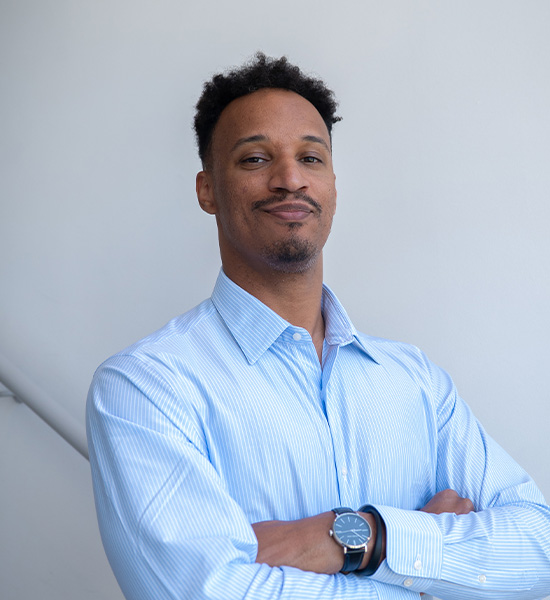Get to know the team behind our vision
We are more than just experts in technology and business. We’re a team of passionate innovators and growth enthusiasts, dedicated to helping businesses thrive. Meet the Amotekkies, our team that’s focused on driving success and making an impact.
Our MISSION
Together, we unlock new horizons

It is our mission to help businesses reach their full potential by blending innovation, expertise, and genuine impact.
Learning gives us knowledge, sharing it leads to success.
We believe in the power of shared knowledge. By connecting the right insights with the right people, we stay ahead of industry trends and help our clients tackle challenges with strategies built for the long term.
We shape tomorrow by making an impact today.
We’re passionate about making a real impact. Whether it’s through our software or by supporting ambitious startups, we focus on solutions that bring meaningful, lasting change and help our clients make a difference.
Serious about results, never too serious to have fun.
And above all, we believe in fun. We know that enjoying what we do brings out the best in us and the people we work with. By keeping things engaging and positive, we make the journey toward growth as rewarding as the results.
AMOTEKKIES
Meet our team
We are a young, ambitious and dynamic team with a shared passion for technology, entrepreneurship and innovation. We work together to take AMOTEK to the next level, continuously thinking beyond boundaries and finding new ways to support the success of our clients.
AMOTEK BOARD MEMBERS
Meet our strategic advisors
Meet the driving force behind our success, our exceptional board members. These visionary professionals provide strategic guidance, expertise and leadership, ensuring AMOTEK’s continued growth and innovation.

Bob Duys

Chloé Cuypers

Isabelle Dumortier

Jonathan Gillyns






























